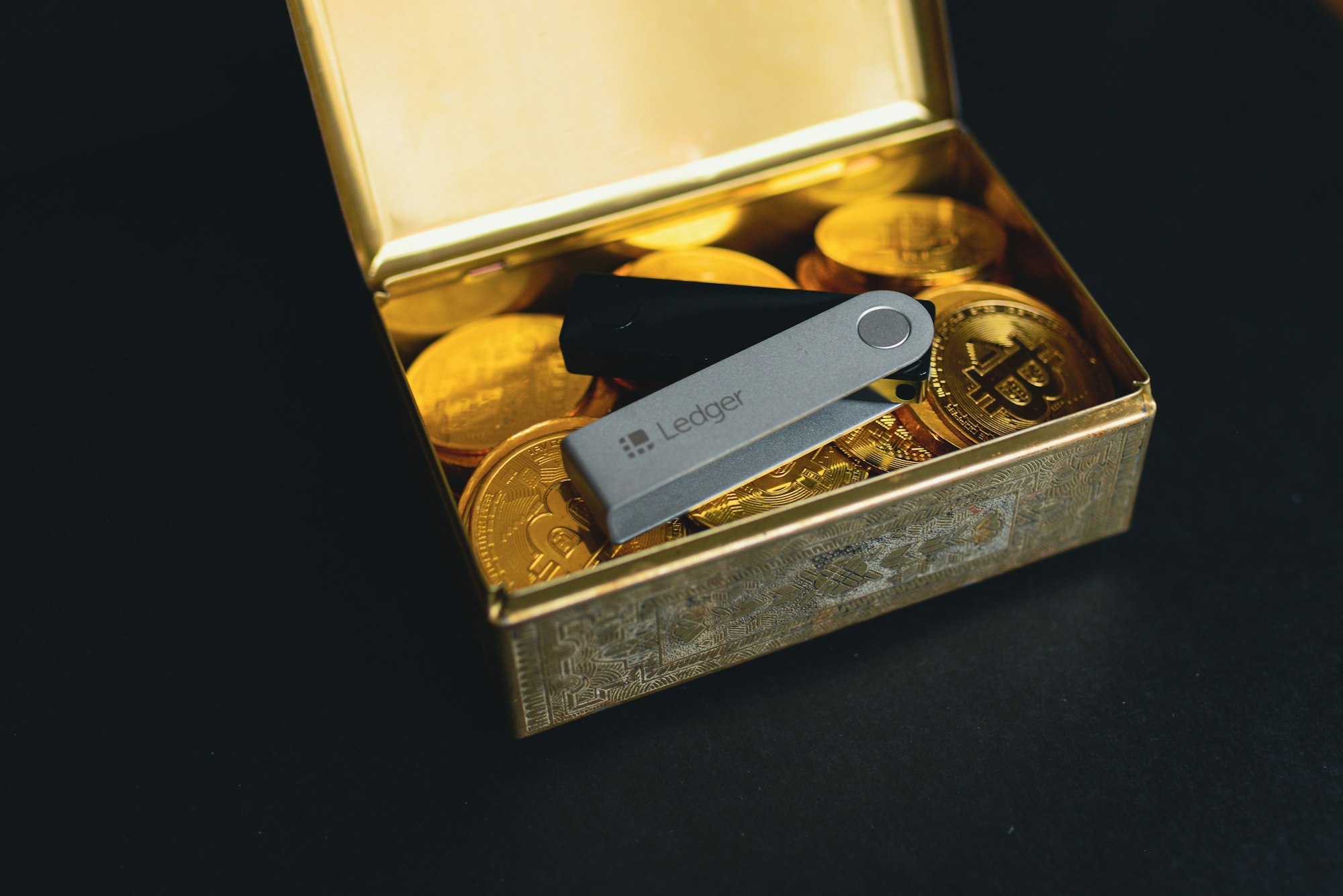As cryptocurrencies continue to gain traction, the importance of securing digital assets becomes increasingly critical. A key component in the storage and management of these digital assets is the cryptocurrency wallet. Here, we delve into the best practices for crypto wallet security.
Understanding Crypto Wallets
A cryptocurrency wallet is a digital tool that allows users to send, receive, and manage their cryptocurrency holdings. Wallets can be hardware-based or software-based, and both come with their own sets of security considerations.
Hardware Wallets
Hardware wallets, often called “cold storage,” store a user’s private keys offline on a physical device. They are generally regarded as the most secure option for storing cryptocurrency, especially large amounts.
- Safe Storage: Keep your hardware wallet in a secure location, like a safe deposit box. Never leave it out in the open or carry it around unnecessarily.2. Backup Your Wallet: Most hardware wallets provide a recovery phrase during setup. Ensure you record this phrase and store it securely.
Software Wallets
Software wallets or “hot wallets” run on internet-connected devices like computers, tablets, or smartphones. They are convenient for regular transactions but are more vulnerable to online threats.
- Update Regularly: Regularly update your wallet software. Developers often release updates to fix security vulnerabilities.2. Enable Two-Factor Authentication (2FA): 2FA adds an extra layer of security to your wallet. Use an authenticator app rather than SMS-based 2FA.
General Best Practices
- Use Strong, Unique Passwords: Implement a robust password for your wallet. Use a combination of letters, numbers, and symbols. Avoid using personal information in your password.2. Never Share Your Private Keys: Your private keys are your own. Never disclose them to anyone, no matter the circumstance. Sharing your keys is like giving someone full control of your wallet.3. Beware of Phishing Attempts: Be wary of emails or websites pretending to be your wallet provider. Always double-check the email address or URL before clicking any links.4. Check Transaction Details: Before confirming a transaction, always double-check the details, especially the recipient’s address.5. Use Secure Networks: Avoid accessing your crypto wallet over public Wi-Fi networks. If necessary, use a VPN.6. Consider a Multi-Signature Wallet: A multi-signature wallet requires multiple parties to approve a transaction, adding another layer of security.
In conclusion, while the world of cryptocurrencies offers exciting opportunities, it also presents its own unique security challenges. By implementing these best practices, you can enhance the security of your crypto wallet and safeguard your valuable digital assets. Remember, the safety of your investments is in your hands.
